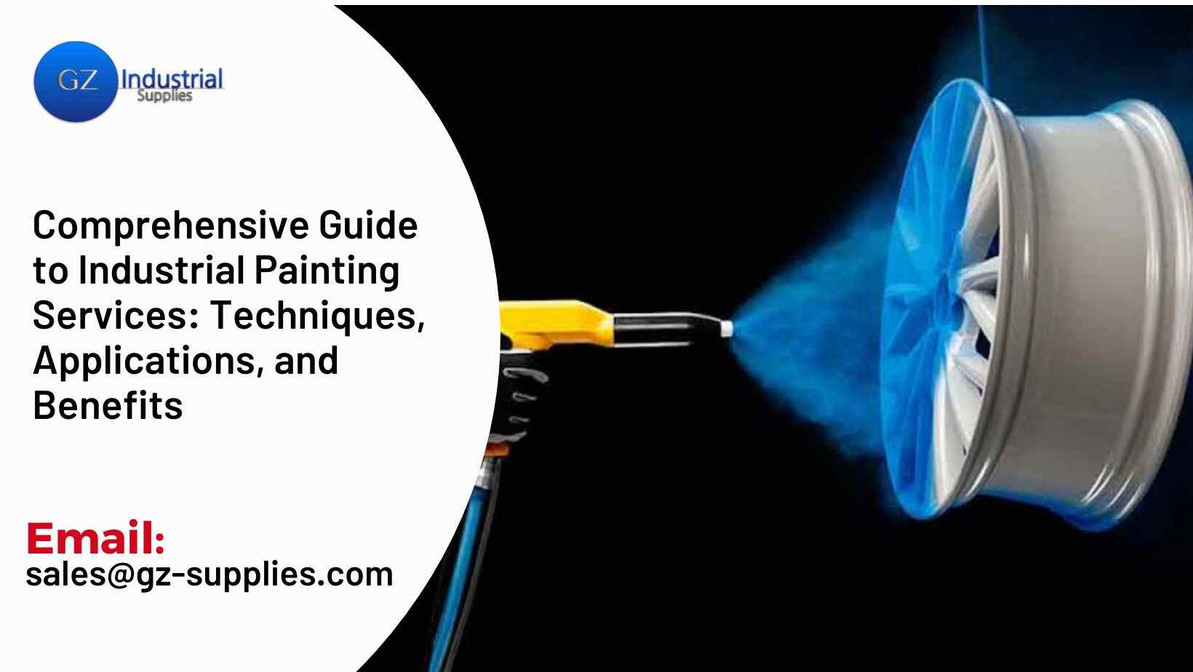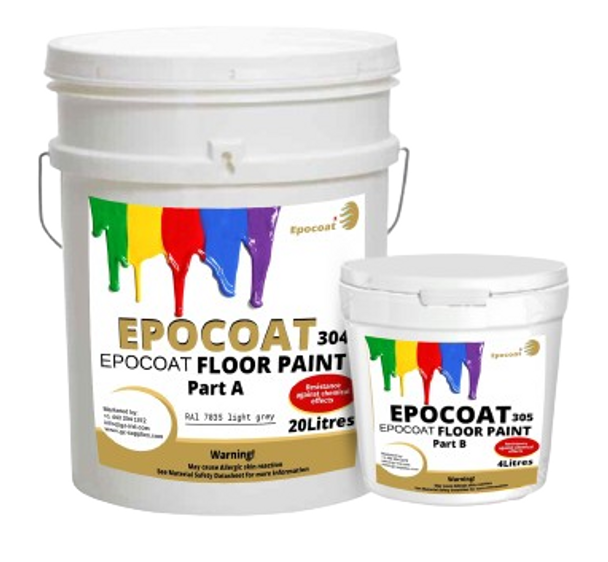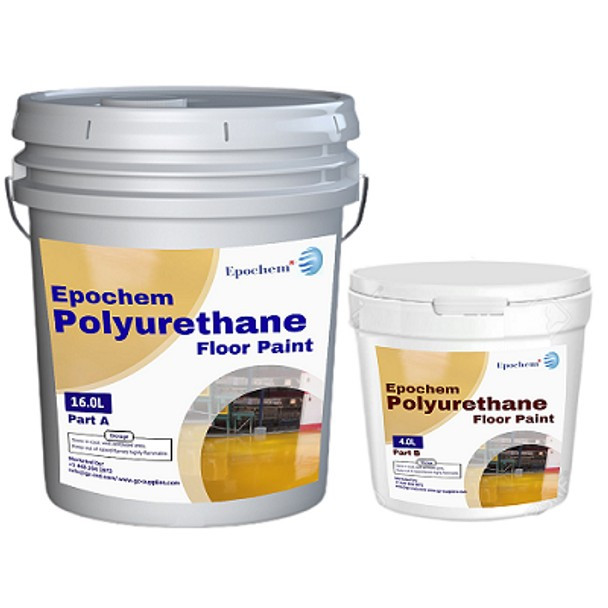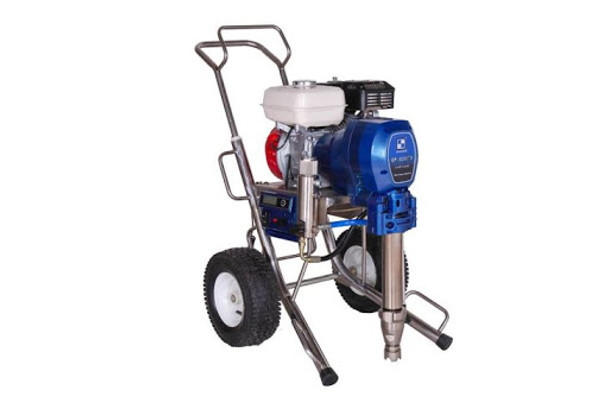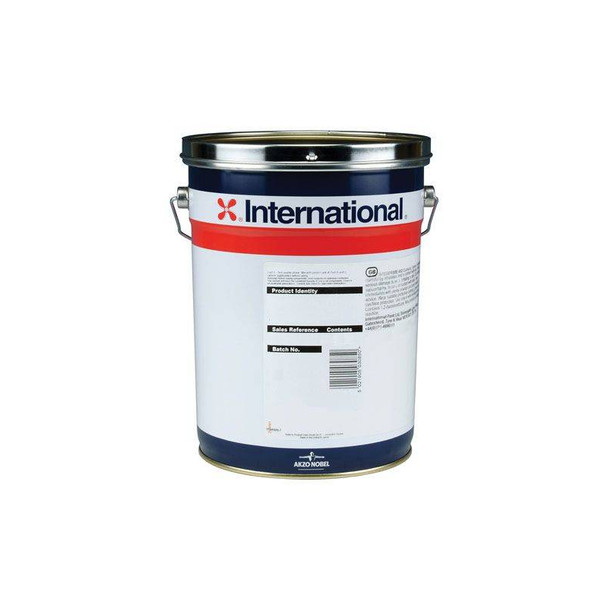Comprehensive Guide to Industrial Painting Services: Techniques, Applications, and Benefits
Industrial painting services are essential to the maintenance and enhancement of facilities across various industries. These services not only protect and preserve equipment but also improve the aesthetic appeal of industrial environments, contributing to a safer and more productive workspace.
Industrial painting services cater to a critical need in the maintenance and enhancement of manufacturing facilities, warehouses, and heavy machinery. These services employ a variety of advanced techniques such as electrostatic painting, powder coating, and spray applications, each chosen based on the specific requirements and environmental challenges of the project. For instance, electrostatic painting is particularly effective for metal surfaces where paint needs to be applied uniformly, while powder coating is renowned for its durability and superior finish, making it ideal for equipment exposed to extreme conditions. The benefits of professional industrial painting go beyond aesthetic enhancement, providing crucial protection against rust, corrosion, and wear. This protective barrier significantly extends the lifespan of the treated surfaces, ultimately saving businesses considerable costs in repairs and replacements. Furthermore, a well-maintained facility complies with safety standards and contributes positively to worker morale and productivity, underscoring the importance of incorporating professional industrial painting into regular maintenance schedules.
This guide aims to delve into the myriad techniques used in industrial painting, explore their applications in different sectors, and highlight the significant benefits they offer. By understanding these elements, facility managers and industry stakeholders can make informed decisions that align with their operational needs and compliance requirements.
Understanding Industrial Painting
Industrial painting involves the application of specialized paint and coatings to protect and enhance the structural integrity of industrial facilities and equipment. Unlike residential or commercial painting, industrial painting often requires more durable materials that can withstand harsh conditions and meet strict regulatory standards.
Industrial painting is not merely about aesthetics; it plays a crucial role in corrosion control, temperature resistance, and chemical protection. These factors are vital for prolonging the lifespan of machinery and structures, ensuring safety, and maintaining operational efficiency in industrial settings.
Pre-Painting Preparation and Planning
Surface Preparation: Effective painting begins with thorough surface preparation. Techniques such as sandblasting, power washing, and chemical treatments are used to clean and prepare surfaces, ensuring that paint adheres properly and lasts longer. This step is crucial for preventing premature wear and failure of the coating.
Selection of Paints and Coatings: Choosing the right type of paint or coating is critical and depends on the specific demands of the industrial environment. Options include epoxy coatings for their durability and resistance to chemicals, polyurethane coatings for their flexibility and UV resistance, and others that are tailored to specific industry needs.
Safety Measures: Prioritizing safety during painting projects is essential. This includes ensuring proper ventilation to avoid inhalation of toxic fumes, using protective gear such as masks and gloves, and adhering to all relevant health and safety regulations to protect workers from potential hazards associated with painting products.
Painting Techniques and Their Applications
Spray Painting: One of the most common techniques in industrial painting, spray painting, allows for a uniform and efficient application over large and irregular surfaces. It is particularly beneficial for achieving a smooth finish on metal structures and equipment. The technique also supports quick application and drying times, which is crucial in minimizing downtime in operational facilities.
Powder Coating: This dry painting technique involves applying a dry powder that is electrostatically charged. The charged particles adhere to electrically grounded surfaces before being cured under heat to form a skin-like layer. Powder coating is noted for its durability and high-quality finish, providing superior resistance against scratching, chipping, fading, and wearing.
Electrostatic Painting: Similar to powder coating, electrostatic painting uses electrical charges to adhere the paint to the metal surfaces. This method is highly efficient for coating metal fixtures and fittings, as it ensures a complete and even coat without overspray, reducing waste and environmental impact.
Roller and Brush Painting: For smaller or more intricate projects, traditional methods such as roller and brush painting are often used. These techniques provide precision and are suitable for touch-ups and maintenance work where spray or electrostatic painting might not be feasible.
 Epochem Polyurethane Floor Paint
Epochem Polyurethane Floor Paint
Specialized Industrial Painting Applications
Corrosion Control Coatings: Industrial environments often expose materials to corrosive substances. Specialized coatings, such as zinc-rich primers or epoxy coatings, are applied to prevent rust and corrosion, significantly extending the lifespan of the infrastructure.
High-Temperature Coatings: Facilities that operate under high temperatures require coatings that can withstand extreme heat. High-temperature paints are used in industries such as petrochemical, aerospace, and automotive to protect equipment from heat and to maintain structural integrity.
Non-Slip Floor Coatings: Safety is paramount in industrial settings. Non-slip coatings are applied to floor surfaces to enhance safety by reducing the risk of slips and falls, especially in areas that are prone to moisture or involve the use of lubricants.
Benefits of Professional Industrial Painting Services
Longevity and Durability: Professional industrial painting services ensure that surfaces are not only more aesthetically pleasing but are protected against environmental factors that can cause wear and deterioration. This protection helps extend the life of the facilities and equipment, reducing the frequency and cost of replacements.
Enhanced Aesthetic Appeal: A well-maintained facility boosts morale among staff and creates a positive impression on visitors and potential clients. Professional painting services can rejuvenate older buildings, making them look new and well-cared for.
Compliance and Protection: Many industries are required to follow strict regulatory standards, including specific painting and coating requirements. Professional painters are knowledgeable about these regulations and can ensure compliance, thus avoiding potential fines and legal issues.
By incorporating these advanced painting techniques and understanding their specific applications, industrial facilities can ensure that their equipment and structures are not only functional but are also up to the standards required for safety and efficiency. The next section will guide choosing the right professional service to handle these critical tasks.
 Gasoline Airless Paint Sprayer HVBAN GP8300TX
Gasoline Airless Paint Sprayer HVBAN GP8300TX
Choosing a Professional Painting Service
Criteria for Selection: When selecting a professional industrial painting service, it's important to consider several factors:
- Experience and Reputation: Look for a service provider with extensive experience specifically in industrial painting, and a solid track record of successful projects.
- Certifications and Licensing: Ensure that the painting service is fully licensed and holds all necessary certifications that comply with industry standards and regulations.
- Quality of Materials Used: Inquire about the types of paints and materials used. High-quality, durable paints that are appropriate for the specific conditions of your facility are crucial.
- Safety Standards: The service provider should adhere to strict safety protocols and have an excellent safety record. This is particularly important in industries where work environments can be hazardous.
Cost Considerations: While cost will always be a factor, it shouldn’t be the sole criterion for choosing a painting service. Consider the value of the service provided, including warranties and the expected longevity of the paint job, which can ultimately save money in the long run.
Maintenance and Care Post-Painting
Routine Maintenance Tips: After professional painting services, regular maintenance can help extend the lifespan of the paint job:
- Regular Cleaning: Keep the painted surfaces clean from dust, grime, and chemicals which can degrade the coating over time.
- Inspect Regularly: Regular inspections can help identify and address any issues like cracking or peeling at an early stage before they require major rework.
- Touch-Ups: Perform touch-ups on areas that experience wear and tear to maintain the integrity and appearance of the paint job.
Troubleshooting Common Issues: Being proactive about potential issues can prevent larger problems:
- Peeling or Bubbling Paint: This can indicate moisture issues or improper application. Addressing environmental factors and ensuring good ventilation can mitigate these issues.
- Fading Colors: UV radiation can cause colors to fade. Using UV-resistant paints or adding a UV-resistant topcoat can help maintain the color integrity.
 International Paint Interbond 201 20L
International Paint Interbond 201 20L
Frequently Asked Questions
1. How often should industrial facilities repaint their surfaces?
Industrial facilities should typically consider repainting every 5 to 7 years. However, this frequency can vary based on factors such as the type of environment (e.g., chemical exposure, weather conditions), the quality of the previous paint job, and the type of surfaces painted. Regular inspections can help determine the right timing by identifying signs of wear or degradation.
2. What are the signs that my facility needs repainting?
Signs that your facility may need repainting include visible fading, chipping, peeling, or blistering of paint, rust formation on metal surfaces, and overall dullness of the previously vibrant colors. Also, if the protective coatings are no longer effectively repelling moisture or chemicals, it’s time to consider repainting.
3. Can industrial paint be applied in any weather conditions?
No, weather conditions can significantly affect the application and curing of industrial paint. Ideal conditions for painting are typically dry weather with moderate temperatures. High humidity, rain, or extreme temperatures can hinder proper drying and curing, potentially compromising the durability and finish of the paint.
4. How long does it typically take to complete an industrial painting project?
The duration of an industrial painting project varies depending on the size of the area to be painted, the complexity of the job, the types of surfaces, and the specific techniques used. Small projects might take a few days, while larger projects could take several weeks. A detailed timeline should be discussed with your painting contractor before the project begins.
5. What should I do if I notice defects in a recent paint job?
If defects are noticed shortly after a paint job, contact the painting contractor to discuss the issue. Most professional services offer warranties or guarantees for their work. It’s important to address these issues promptly to ensure they are rectified under the terms of the service agreement, and to prevent any long-term damage to the surfaces.
Conclusion
Industrial painting is not just a cosmetic enhancement but a critical maintenance requirement that protects and prolongs the lifespan of industrial assets. Investing in high-quality painting services can significantly impact operational efficiency, safety, and compliance.
This guide has covered the crucial aspects of industrial painting from the techniques and materials used to the benefits and maintenance strategies post-application. Emphasizing the importance of professional application and regular maintenance ensures that industrial painting investments are durable and effective.
For more detailed information on industrial painting services, or to schedule a consultation for your next industrial painting project, visit GZ Industrial Supplies. Our expert team is ready to provide top-notch painting solutions tailored to your specific industrial needs.
Recent Posts
-
The Ultimate Guide to Understanding the Difference Between Ethylene Glycol and Propylene Glycol
Introduction Glycols are versatile compounds widely used across various industries, from automotive …Apr 16, 2025 -
What are Agricultural Machinery
Introduction Agricultural Machinery is also used to improve the wide range of production prac …Apr 14, 2025 -
The Best Electrical Wire in Nigeria 2025 (Updated)
Introduction Electrical wires are the basic unit of every electrical system. Electrical wires …Apr 14, 2025

